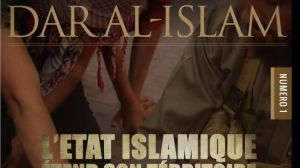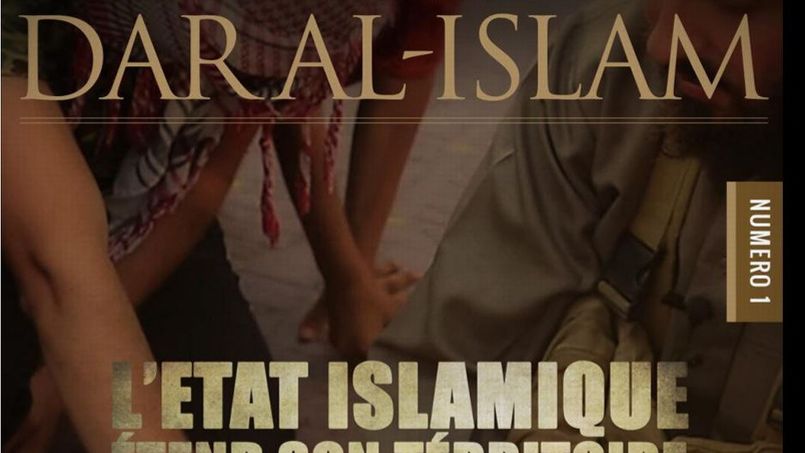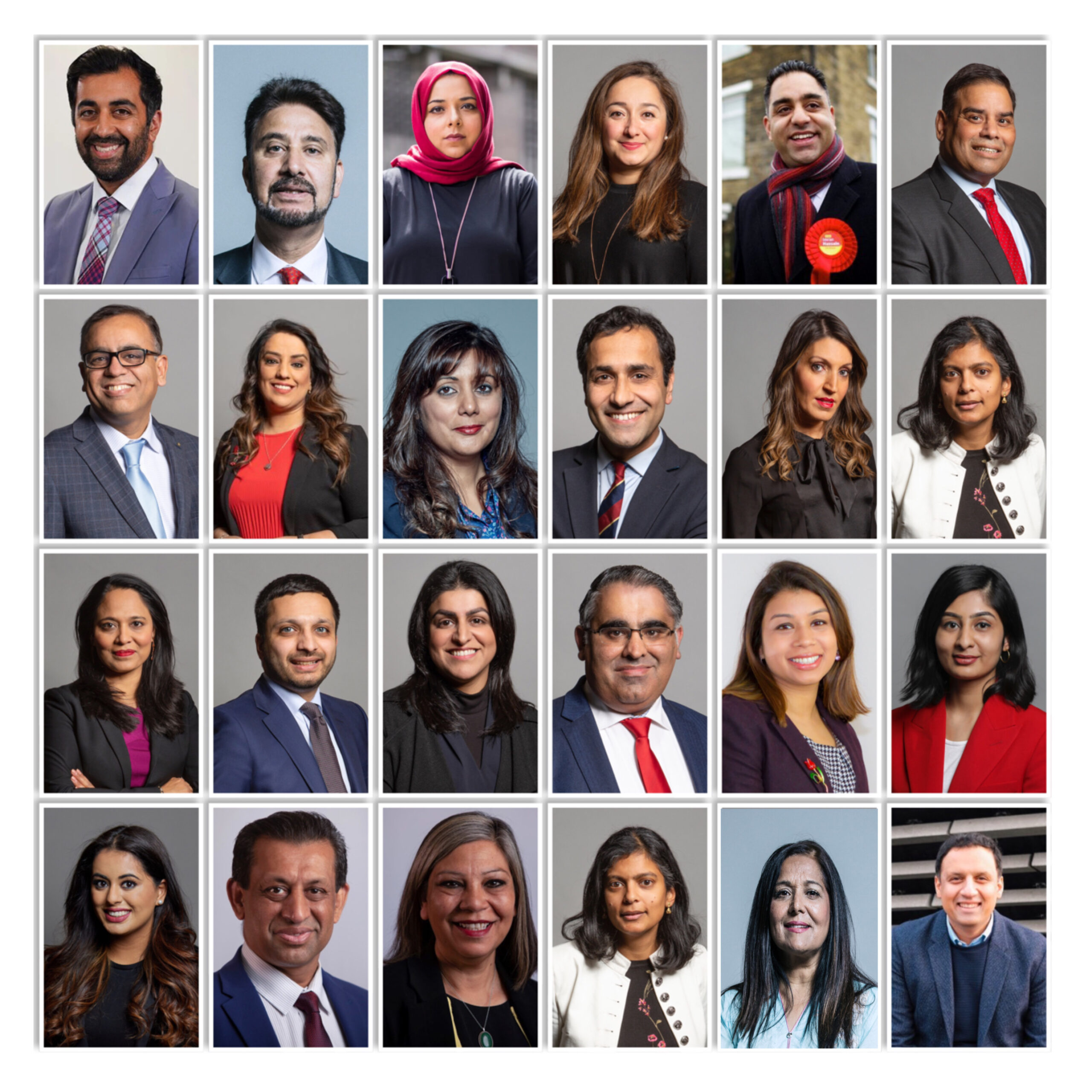
15 pages of jihadist propaganda in color and in French can now be found on the Internet. The new magazine entitled Dar al-Islam has been available online since December 22. Previously the other major foreign language magazine was “Daqib,” a publication in English. The two magazines are released by the media communications branch of ISIL, Al-Hayat, which was founded in May 2014. The communication arm of ISIL often uses Twitter as its main platform. A recent Twitter post reads:
#Al-Hayat presents the first edition of the magazine “Dar Al-Islam”
— fr-alhayat (@fralhayat) 22 Décembre 2014
The magazine’s first edition is entitled “The Islamic state extends its territory.” In the introduction, the authors celebrate being “witnesses to a new era,” that of the restoration of the caliphate, which would allow Muslims to live according to Islamic law.
The magazine’s title translates to “abode of Islam.” One of its article’s reads: “It’s why the magazine is named Dar al-Islam, to remember the immense blessing it is to live under Allah’s law, among believers.”
The magazine is filled with grammatical errors, passages from the Qur’an and words in Arabic, and seeks to convince French Muslims to pledge allegiance to the caliphate. The authors denounce the “idolatrous”: “those who change the law of Allah,” and “the crusaders who love the cross and call a child the Lord of heaven.”
For Mathieu Slama, specialist in “crisis communication,” the magazine serves two purposes. The first is as a recruitment method. The last page of the magazine shows a French passport being burned. The second purpose is to show ISIL’s a willingness to institutionalize. The magazine uses Western journalistic methods: catchy titles, photos and summaries, shows the West that ISIL is becoming a legitimate institution.
Manuel Valls said he could not definitively ban this type of propaganda. The Cazeneuve law of November 2014 hardened provisions that punish the glorification of terrorism, especially on the Internet. However the European Commission must meet to discuss if the magazine can be banned, and the decision would not take effect until late February or early March 2015.






